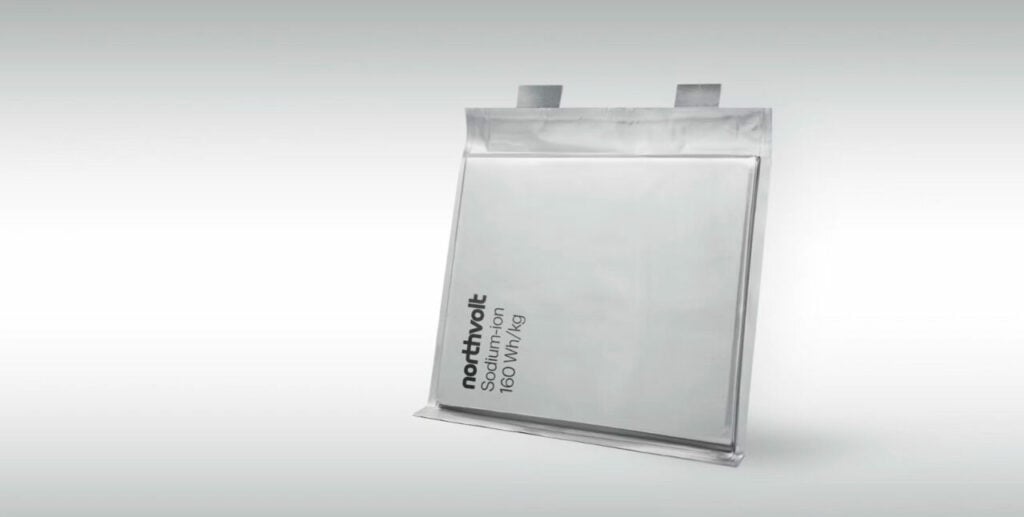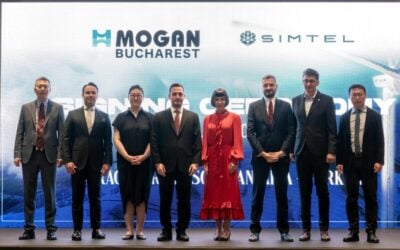
Gigafactory company Northvolt and sodium-ion battery technology firm Altris have together revealed a battery with an energy density of 160 Wh/kg, designed for energy storage systems.
The firms revealed the battery’s energy density today (21 November) following a research partnership and Northvolt’s investment in Altris in May 2022.
Enjoy 12 months of exclusive analysis
- Regular insight and analysis of the industry’s biggest developments
- In-depth interviews with the industry’s leading figures
- Annual digital subscription to the PV Tech Power journal
- Discounts on Solar Media’s portfolio of events, in-person and virtual
Sodium-ion battery technology is widely seen to be the most commercially mature electrochemical-based alternative to lithium-ion. For comparison, lithium-ion technology generally has a Wh/kg energy density of between 120 and 260, according to the International Energy Agency (IEA) in its Global EV Outlook 2023.
The firms said the battery they have developed together will provide the foundation for Northvolt’s next-generation energy storage solutions. Executives from the firm discussed its approach to the energy storage market with Energy-Storage.news in a recent interview.
Its low cost and safety at high temperatures make it especially attractive for deployment in “upcoming markets” including India, the Middle East and Africa, it added.
Altris is currently series B financing to scale up giga-scale manufacturing of its patented cathode material, Altris Prussian White.
Northvolt CEO Peter Carlsson commented: “Our sodium-ion technology delivers the performance required to enable energy storage with longer duration than alternative battery chemistries, at a lower cost, thereby opening new pathways to deploying renewable power generation. The potential of sodium-ion in this market alone will make a tremendous impact in the drive towards global electrification.”
The news comes as Europe’s lithium-ion manufacturing industry grapples with the ramifications of the US’ generous subsidies for clean energy manufacturing, including batteries. Northvolt’s Norwegian peer Freyr Battery recently decided to pause further investments in Europe and ‘only scale in the US’ until Europe comes up with a policy response, CEO Birger Steen discussed in an interview with us published last week (Premium access).
Energy-Storage.news’ publisher Solar Media will host the 9th annual Energy Storage Summit EU in London, 21-22 February 2024. This year it is moving to a larger venue, bringing together Europe’s leading investors, policymakers, developers, utilities, energy buyers and service providers all in one place. Visit the official site for more info.






